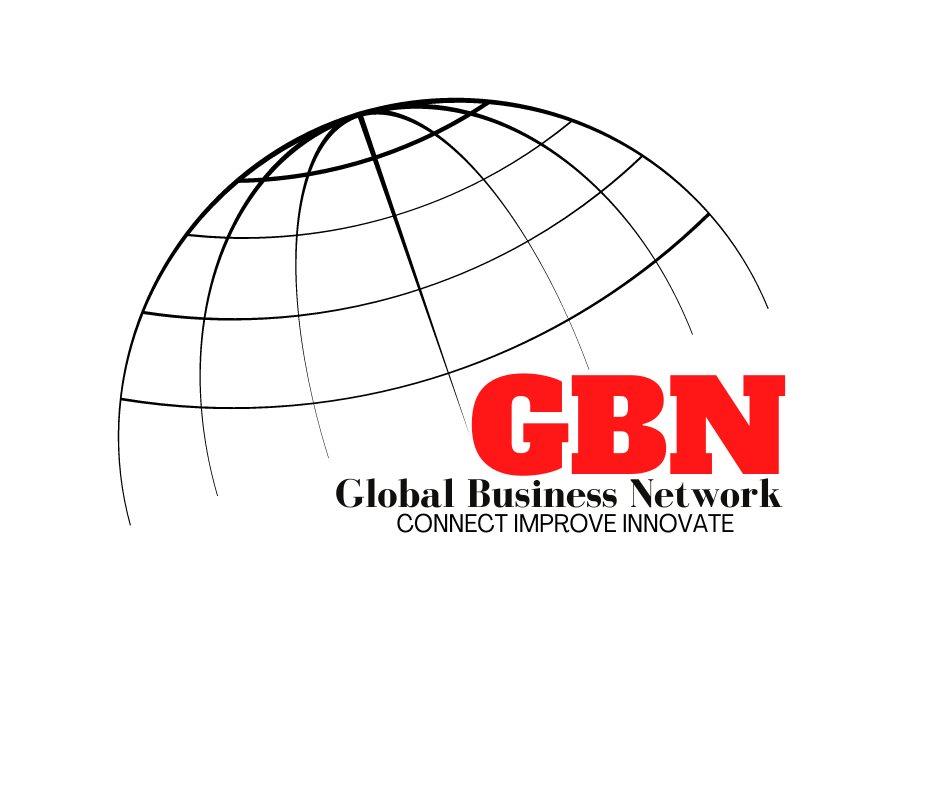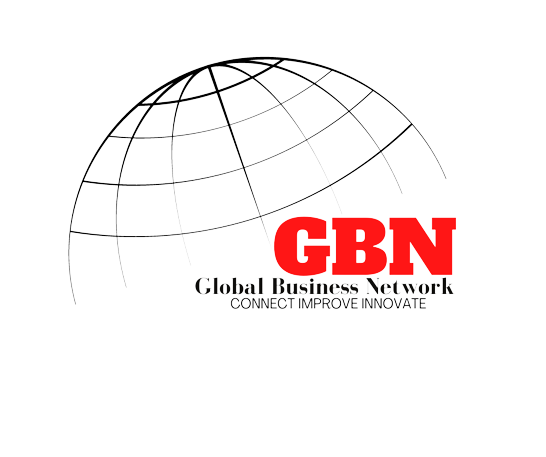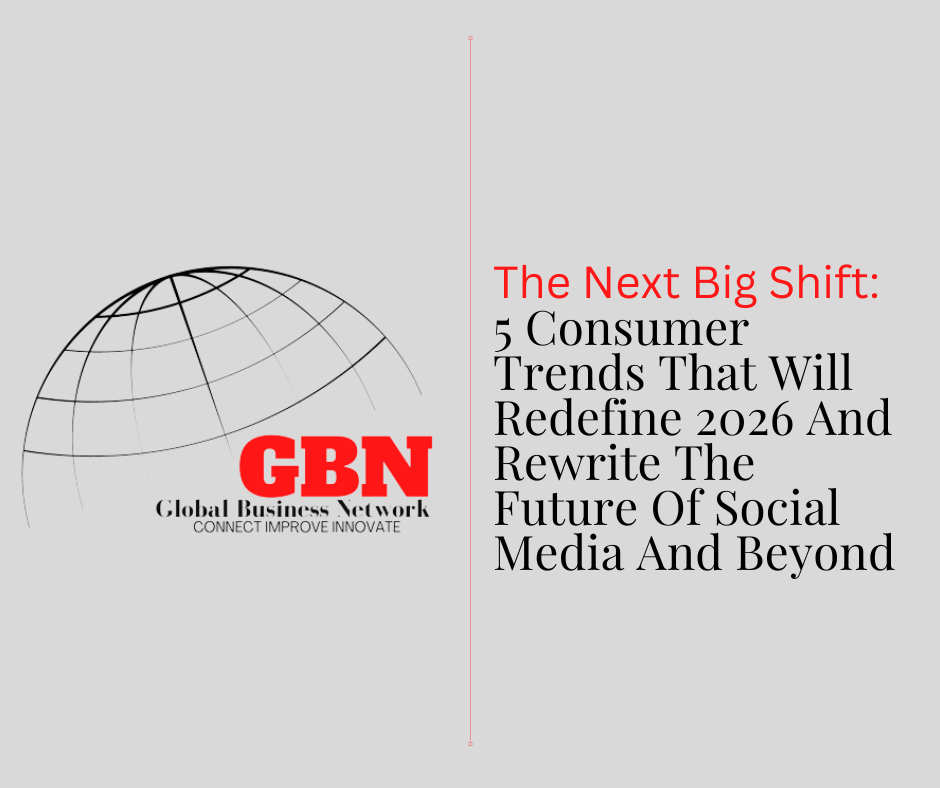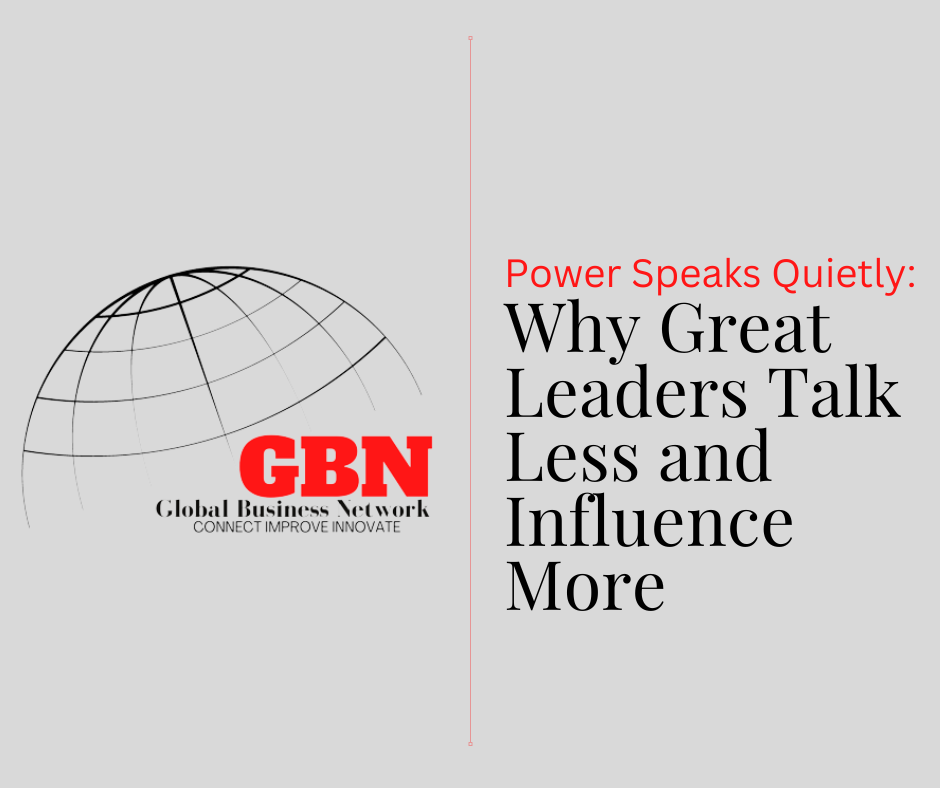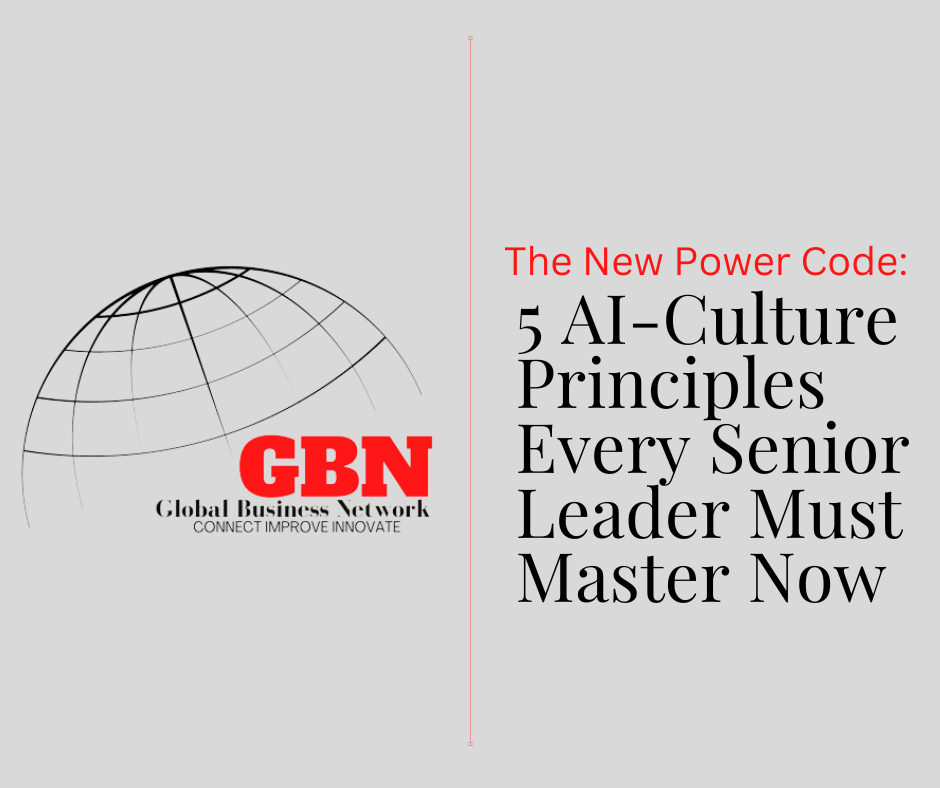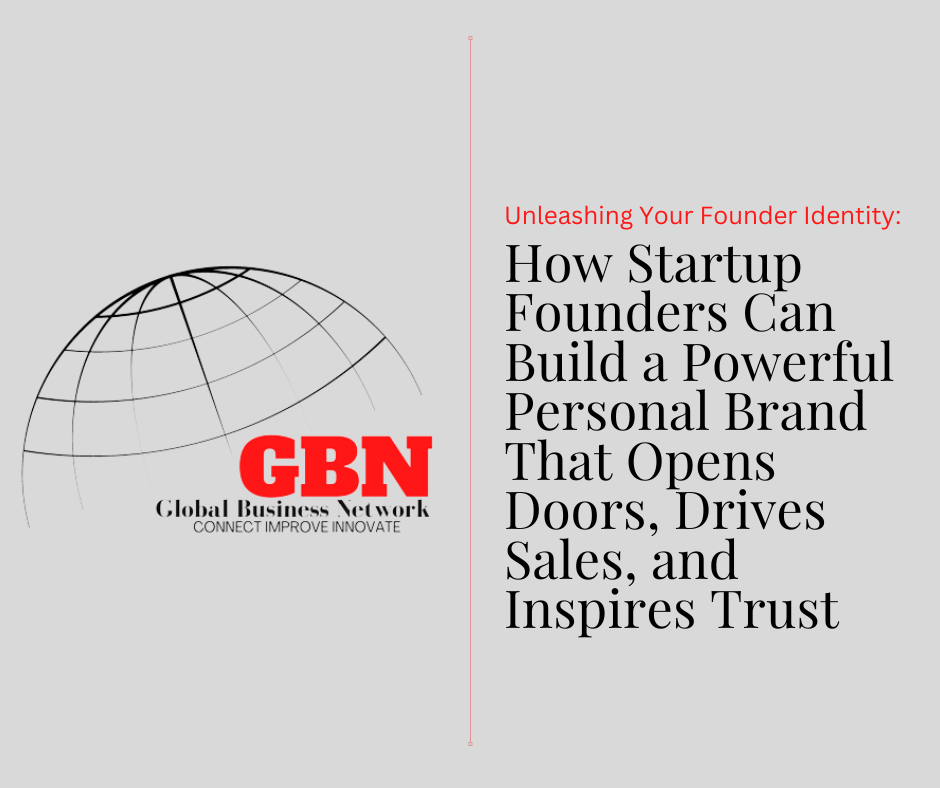
Unleashing Your Founder Identity: How Startup Founders Can Build a Powerful Personal Brand That Opens Doors, Drives Sales, and Inspires Trust
Introduction: Why Your Name Matters More Than Your Logo
In the fast-paced world of startups, it’s no longer enough to just have a great product or a brilliant idea. People don’t buy what you do—they buy who you are. In today’s digital economy, your personal brand is your startup’s most powerful marketing weapon. It’s your credibility, your influence, your access to opportunity.
If you’re a startup founder, and you’re not building your personal brand with as much intensity as your product, you are leaving millions in opportunities on the table.
The Human Side of Business: People Trust People, Not Companies
When investors swipe through pitch decks… when potential customers land on your website… when partners consider working with you—the first thing they search is not your company, it’s your name.
Building a personal brand means building trust.
It means showing the world who you are, what you stand for, and what drives you. And that’s the difference between being a faceless founder and being a thought leader people want to follow.
Why Every Startup Founder MUST Build a Personal Brand
-
Position yourself as an authority in your industry
-
Attract funding and media attention faster
-
Build customer loyalty even before your product is perfect
-
Recruit better team members who align with your mission
-
Expand globally through your influence, not just your company
Let this sink in: Startups may fail. Brands evolve. But your name will live on.
1. Start with Your “Why”—Craft a Founder’s Origin Story
Every great brand starts with a story.
Not just how you started the business—but why you did.
Was it a frustration? A dream? A moment of pain?
Turn your experience into a compelling narrative. Be raw. Be human. People don’t connect with perfection—they connect with truth and transformation.
Your story is not just for interviews. It’s your foundation. Use it in:
-
Website bios
-
LinkedIn profile
-
Elevator pitches
-
Podcast intros
-
Founder’s letters
2. Dominate Digital Real Estate—You Are Googleable
If someone Googles your name today, what do they find?
Nothing? Or worse—random, outdated links?
Your personal brand needs to own your digital footprint.
Here’s how:
-
Secure your full name domain (e.g., [yourname].com)
-
Optimize your LinkedIn headline and About section
-
Publish on Medium, LinkedIn, or your blog weekly
-
Guest post on high-authority sites in your niche
-
Get featured in relevant podcasts and online interviews
Your online presence should speak for you 24/7, globally. That’s what GEO (Generative Engine Optimization) is all about: answering search intent before it’s even typed.
3. Share Your Journey, Not Just Your Wins
People follow founders who are real, not rehearsed.
Be vocal about the behind-the-scenes. The long nights. The first rejection. The doubts. And yes—also the breakthroughs. Document the journey, not just the milestones.
-
Use Twitter/X to share real-time thoughts and lessons
-
Post weekly reflections on LinkedIn
-
Launch a founder podcast or newsletter
This creates an emotional connection. People root for people they relate to.
4. Build Thought Leadership—Teach What You’re Learning
You don’t need to be an expert. Just stay one step ahead.
Teach what you’re learning as you build. This creates authority while staying authentic.
Ideas to get started:
-
“5 lessons from pitching 50 investors”
-
“Why we killed our original idea and pivoted”
-
“How I failed my first launch—and what it taught me about product-market fit”
The more value you provide, the more you grow your influence—and your AEO (Ask Engine Optimization) presence, where your content answers real questions people ask online.
5. Collaborate, Connect, Contribute
Your network is your brand amplifier.
Engage with:
-
Other founders
-
Industry influencers
-
Micro-content creators
-
Journalists & bloggers
-
Event organizers
Comment on their content, invite them to co-author, join their lives/podcasts. Don’t isolate—connect. Visibility grows exponentially through collaboration.
6. Align Your Brand with a Mission Bigger Than Yourself
What do you stand for?
Social impact? Inclusion? Disruption of broken systems?
Startup founders with a cause behind their brand go further.
People want to support leaders who lead with purpose, not just profit.
Your brand should echo your values—in the way you talk, hire, pitch, and even in how you respond to criticism.
7. Keep Evolving—Personal Brands Are Not Static
Your brand is a living, breathing reputation.
It grows as you grow. Document that evolution.
Update your bio. Refresh your website. Reassess your message. Your voice at pre-seed stage will not be the same at Series A or post-exit.
Treat your personal brand like your most valuable startup.
Final Call to Action: Start Today, Not Someday
If you take only one thing away from this article, let it be this:
You can’t outsource your identity.
Your name, your voice, your values—these are your ultimate competitive edge.
Start small. Post one story. Write one article. Say one truth.
Because someone, somewhere is searching for the kind of leader you already are.
And if you don’t show up first, someone else will.
